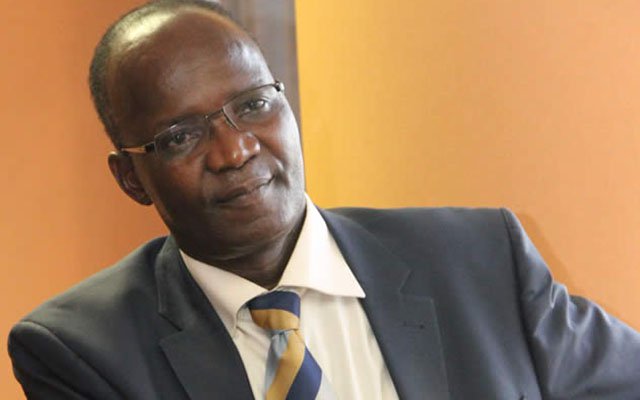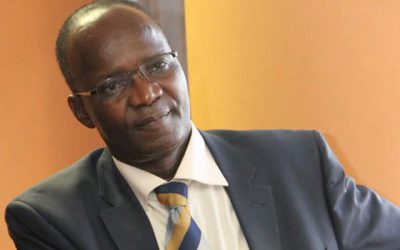Source: Jonathan Moyo faces arrest – NewsDay Zimbabwe September 21, 2017
THE Constitutional Court (ConCourt) has dismissed Higher and Tertiary Education minister Jonathan Moyo’s bid to challenge his arrest by the Zimbabwe Anti-Corruption Commission (Zacc) and his refusal to appear before a magistrate for criminal abuse of office.
BY CHARLES LAITON
The court yesterday ruled it would not be within its competence to determine the question of the lawfulness of his arrest.
Moyo was arrested last year by Zacc investigators after he and his deputy, Godfrey Gandawa, were accused of defrauding the Zimbabwe Manpower Development Fund (Zimdef) of over $400 000.
The Zanu PF Tsholotsho North MP immediately approached the ConCourt challenging Zacc’s arresting powers.
However, the ConCourt yesterday said there was no constitutional matter on which a decision was required to be made and that the issue in dispute was the truth, which fell outside the jurisdiction of the ConCourt.
The apex court said Moyo must, therefore, appear before a magistrate, who would determine whether his arrest by a police officer seconded to Zacc was in terms of the Constitution and also whether there was any violation of his right to personal liberty.
“The lawfulness of an arrest is an issue of protection of the right to personal liberty, the determination of which involves
the interpretation and application of specific provisions of the Criminal Procedure and Evidence Act.
“The magistrates’ court, before which the applicant (Moyo) was required under the relevant provisions of the [Criminal Procedure and Evidence] Act to appear, and had undertaken to appear in terms of the indemnity of release into the custody of his legal practitioner entered into with the arresting detail, has jurisdiction to hear and determine the question of the lawfulness of the applicant’s arrest,” the verdict by the ConCourt bench led by Chief Justice Luke Malaba read in part.
“There being no constitutional matter on which a decision is required to be made, the issue of which of the facts in dispute is the truth, falls outside the jurisdiction of the ConCourt.
“The ConCourt holds that it would not be within its competence to determine the question of the lawfulness of the applicant’s arrest.
“The law governing the resolution of the matter required the applicant, like all arrested persons, to appear before a magistrates’ court to challenge the lawfulness of his arrest.
“The facts on which the decision, whether or not the applicant’s arrest was, lawful are disputed.
“They are not fully disclosed in the founding affidavit.
“In any case, they would relate to proof of a matter, the determination of which involves the interpretation and application of provisions by a remand court.”
Justice Malaba also said whatever view Moyo takes of the relationship between Zacc and the arresting detail, a Sergeant Chacha, the question of what section 13 of the Criminal Procedure and Evidence Act, as read with section 1 of the schedule to the Act, meant it would need to be determined.
“The magistrates’ court would have to answer the question whether the statutory provisions means Zacc can have a person arrested, whom it reasonably suspects of having committed an offence falling within its jurisdiction by a police officer, who forms his or her own reasonable suspicion of the person having committed the offence … there is no proper legal basis on which the applicant approached the ConCourt.
“In the result, it is ordered that the application be and is, hereby, dismissed with no order as to costs,” he said.
Following the ruling, Moyo’s lawyer, Terrence Hussein immediately hit back, saying the Higher Education minister maintained he was unlawfully arrested.
“The Constitutional Court did not make a ruling on the issues that were brought before it, indicating that it was not the forum for making such pronouncements,” he said.
“In its opinion, such a ruling can and should be made by a lower court, notably the magistrates’ court.
“The Constitutional Court in no way condoned nor confirmed the legality of the arresting parties in this dispute.”


COMMENTS